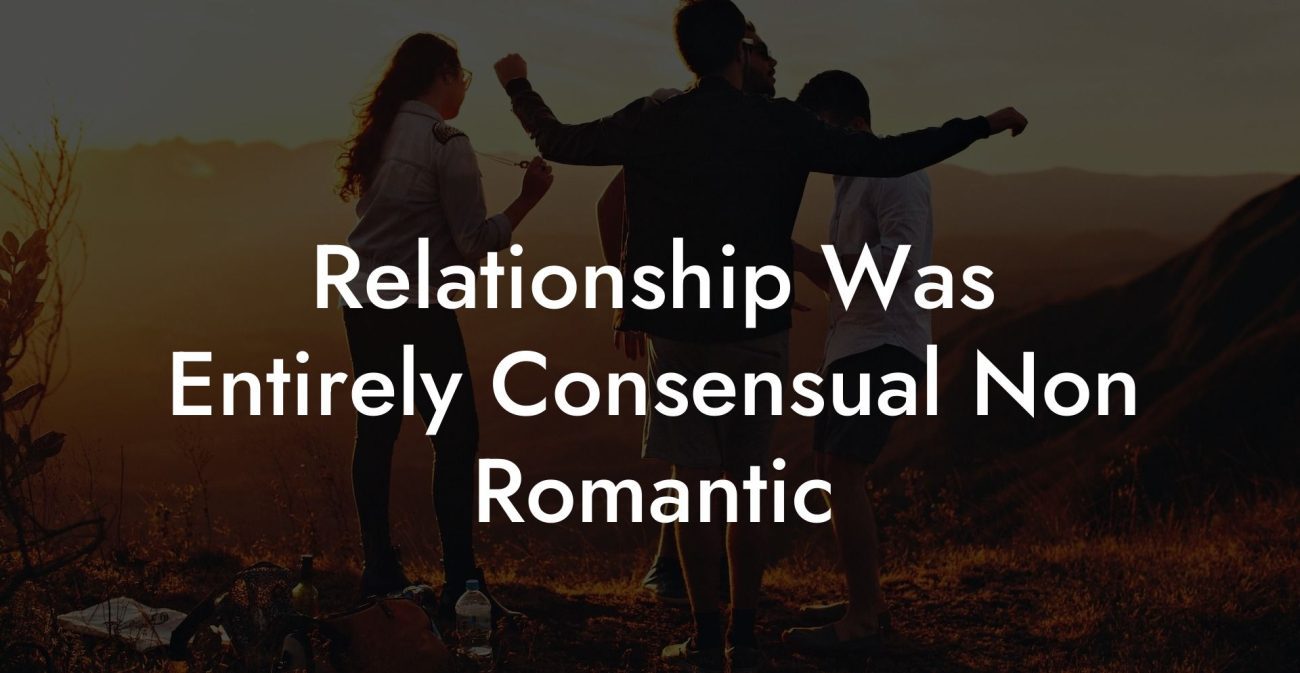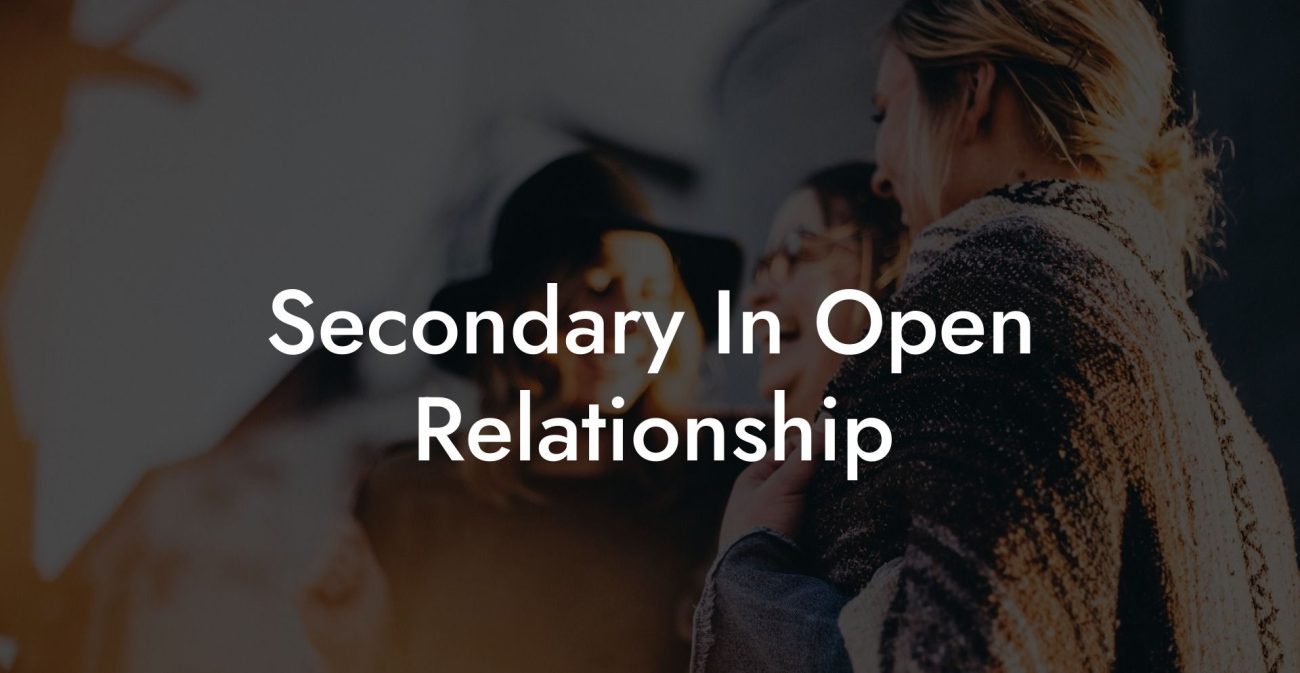Navigating the complexities of relationships can be challenging, but understanding the various relationship structures is essential for anyone embarking on their journey in love. As society evolves, so too do our perceptions and understandings of relationships. This article delves into the world of couples, exploring what defines a couple, the factors that contribute to successful couplehood, and how couples can flourish in both monogamous and non-monogamous settings.
Couples Table of Contents
What Defines a Couple?
A couple refers to two individuals who are romantically or sexually involved with one another. While the term may traditionally have been used to describe heterosexual, monogamous relationships exclusively, couples today can be found in various romantic or sexual connections, regardless of gender, sexual orientation, or relationship structure. Couples are typically recognized when they share a strong emotional bond, have a high degree of commitment towards each other, and communicate openly and honestly about their needs and desires.
Factors that Contribute to a Successful Couple
There is no one-size-fits-all recipe for a successful couple, but certain factors tend to contribute to happier and healthier relationships. These include:
- Communication: Open and honest communication allows couples to understand each other's needs and desires, address any issues that arise, and make well-informed decisions together.
- Trust: Trust is an essential foundation in any relationship and can be built through consistent honesty, transparency, and reliability.
- Respect: Demonstrating respect for one another's individuality, values, and boundaries is crucial for fostering a healthy and loving environment.
- Commitment: Being dedicated to the relationship's growth and success entails navigating challenges together and supporting each other in personal and shared goals.
- Flexibility: Adapting to changing circumstances and embracing personal growth enables couples to evolve in harmony and address issues in a constructive manner.
Monogamous and Non-Monogamous Couples
Couples can choose to structure their relationships in various ways. Typically, those who choose monogamy, the most widely practiced relationship structure, commit to being romantically and sexually exclusive with their partner. This exclusivity provides a sense of stability and security, resulting from the strong bond and shared commitment between the two individuals.
On the other hand, non-monogamous couples may engage in a range of different relationship structures, including:
- Polyamory: In polyamorous relationships, individuals can have multiple romantic or sexual partners simultaneously, with the consent and knowledge of all parties involved.
- Swinging: Swinging involves committed couples engaging in consensual sexual encounters with others, typically in social settings or organized events.
- Open relationships: Partners in an open relationship may have other sexual encounters separately, with agreed-upon boundaries and communication about their experiences.
Each relationship structure comes with its benefits and challenges, aiming to provide couples with the opportunity to explore their unique needs, desires, and preferences.
Couples Example:
Jane and John have been in a committed monogamous relationship for five years. They have always been curious about exploring non-monogamy together and, after reading various resources and attending workshops, have decided to open their relationship to allow for additional sexual partners. They communicate openly about their expectations, boundaries, and experiences, striving to maintain trust and respect throughout this journey. They have discovered that finding and maintaining a balance between their shared commitment and their individual desires allows their relationship to thrive in this new structure.
Embracing the complexities of relationships and the varied structures that accompany them is essential in forging healthy and fulfilling connections. By understanding the unique needs and desires of couples, both monogamous and non-monogamous, individuals can navigate their connections with intention and care. If you found this article insightful, we invite you to share it with others who may benefit from it. Further, be sure to explore the other guides available on The Monogamy Experiment to further enhance your understanding of relationships in all their forms.













